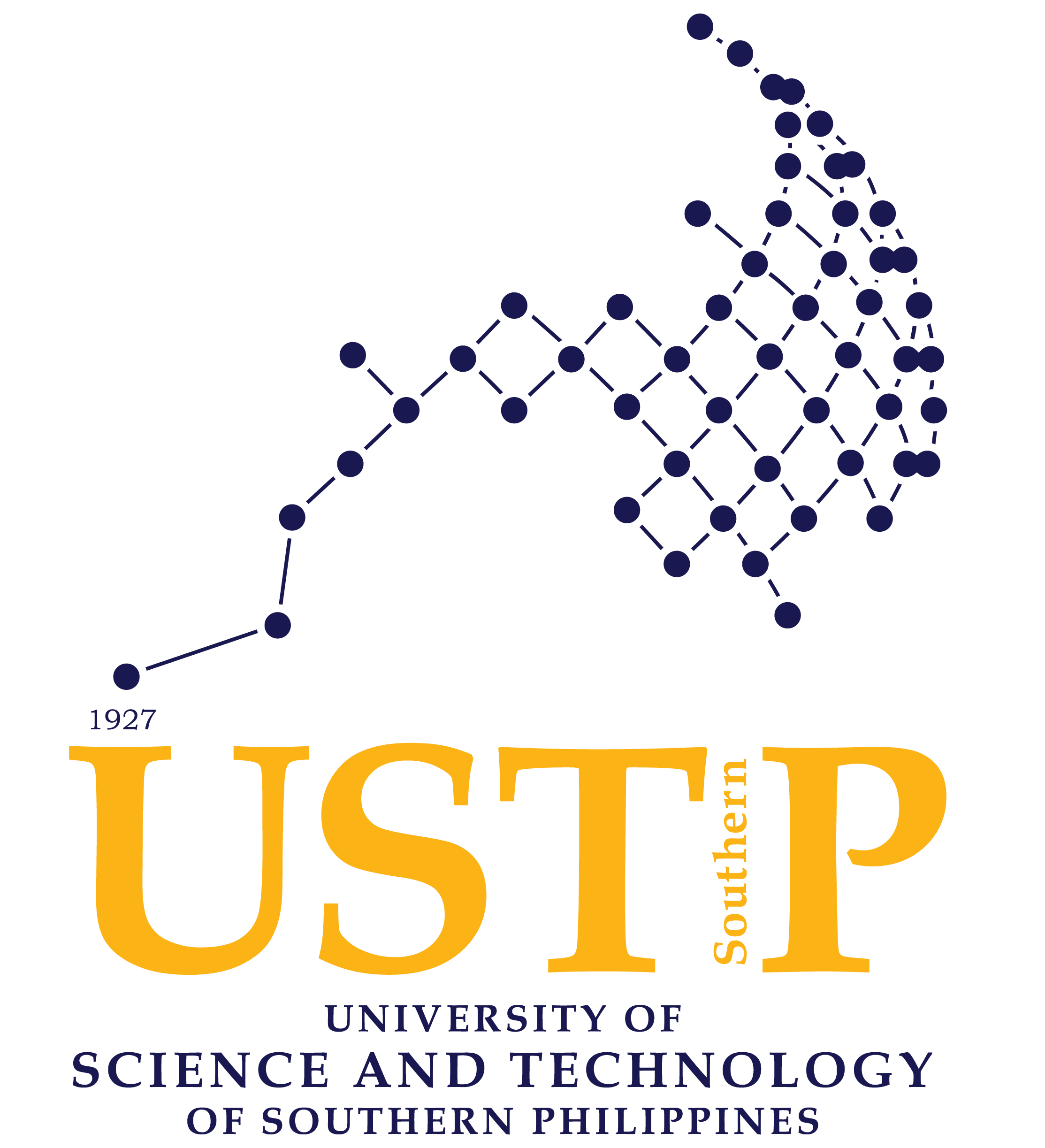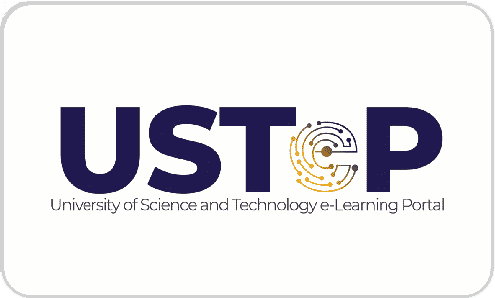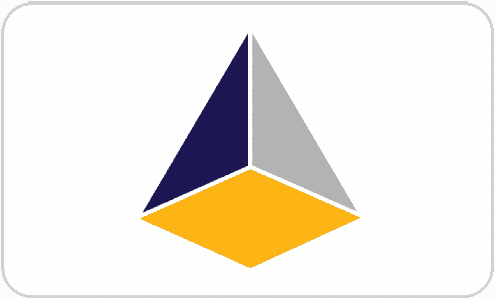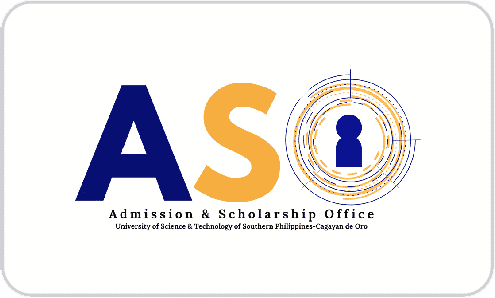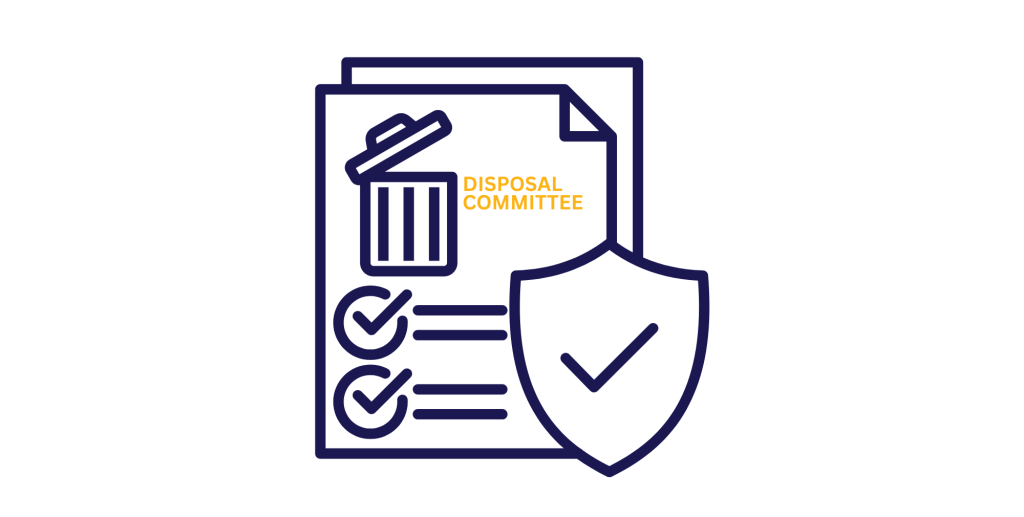USTP Claveria conducts extension activity on disaster preparedness and sustainability
By Gregg Harvey S. Labadan, Extension and Community Relations Office, USTP Claveria
Share:
In an effort to extend community education, the University of Science and Technology of Southern Philippines in Claveria, Misamis Oriental (USTP Claveria), launched an extension program called iHELP in Barangay Anie, Claveria, Misamis Oriental, on September 18, 2025. This initiative aimed to improve health and nutrition, environmental conditions, and livelihoods while empowering residents.

The name iHELP stands for “I will Help.” It focuses on four main areas: Health and Nutrition, Environment, Livelihood Generation, and People Empowerment. As the program developed, it split into two parts: iHEAL and iWIN. iHEAL, which means “I will help to HEAL,” focuses on health and nutrition, environmental improvements, and livelihood generation. In contrast, iWIN, or “I will help to WIN,” aims to improve water supply through new methods and natural care.
The iHEAL component is led by the Food Processing and Technology and Human Resource Management programs. The iWIN component is led by the Environmental Engineering and Agricultural and Biosystems Engineering programs.

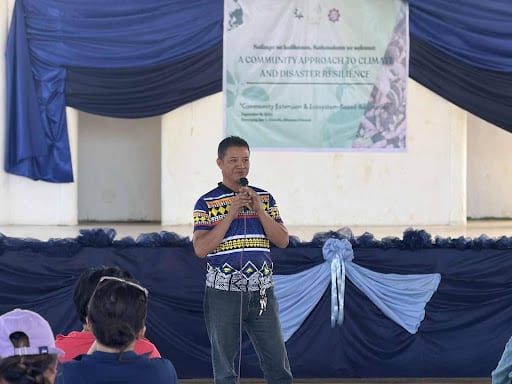
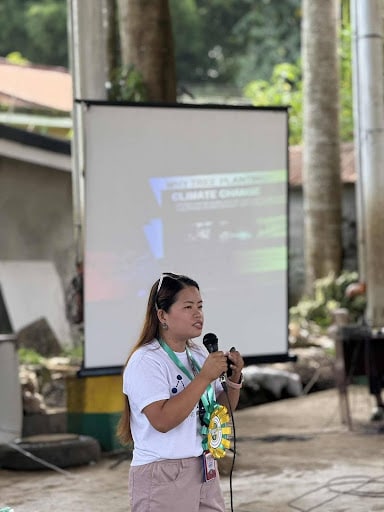
Jimmy Edio, a Barangay Kagawad, welcomed everyone. He stressed the need for community involvement in sustainable waste management and the individual responsibility for promoting environmental care and disaster preparedness.
Ms. Angel Arazo, a faculty member from the Department of Environmental Engineering, kicked off the learning sessions by discussing the basics of environmental conservation and the community’s role in climate and disaster resilience.
Ms. Cherry Q. Joyno provided a detailed overview of solid waste management. She covered types of waste, segregation methods, and proper disposal techniques that can be applied at the household and barangay levels.
Mr. Harold John A. Franje from the Municipal Disaster Risk Reduction and Management Office (MDRRMO) conducted an informative session on disaster preparedness and response. He pointed out practical strategies for strengthening community resilience and highlighted the importance of readiness, coordination, and sustainable practices during emergencies.
An open forum followed, allowing participants to share challenges faced in their barangays, especially regarding waste management and disaster readiness. The speakers offered practical suggestions and emphasized the importance of local laws and grassroots actions in addressing these issues. The event successfully combined knowledge sharing, community involvement, and environmental efforts, encouraging participants to adopt sustainable practices and actively contribute to climate resilience and disaster preparedness in their area.
This community extension activity shows USTP’s dedication to providing education and resources to communities, helping create a more resilient and sustainable future for everyone.
